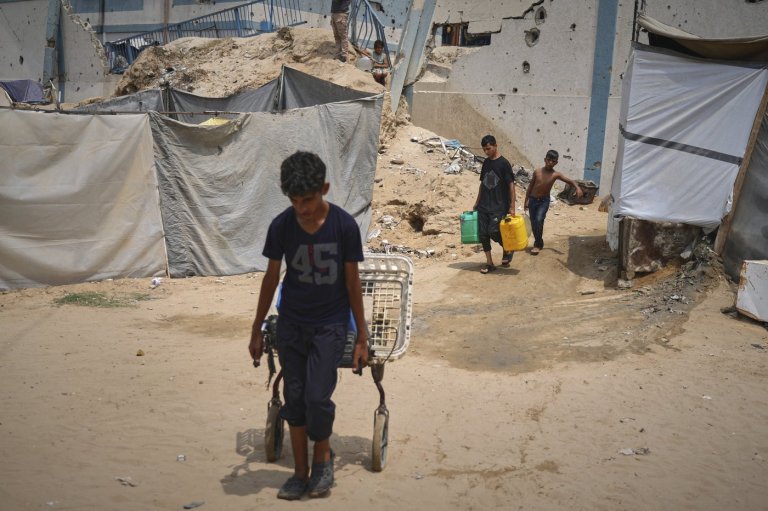80-year-old South Korean man in critical condition after self-immolation at anti-Japan protest
SEOUL, South Korea – An 80-year-old South Korean man was in life-threatening condition on Thursday after setting himself on fire during an anti-Japan protest in Seoul, hospital officials said.
The rally on Wednesday, attended by hundreds and held in front of the Japanese Embassy, was staged ahead of the 70th anniversary of the Allied victory in World War II on Saturday that freed the Korean Peninsula from Japanese colonial rule.
Choi Hyeon-yeol, who remains unconscious, suffered third-degree burns on his face, neck, upper body and arms and has been relying on a breathing machine after his lungs deteriorated, said an official at Seoul’s Hallym University Hangang Sacred Heart Hospital, who didn’t want to be named, citing office rules.
Doctors had planned to operate on Choi on Friday to remove dead skin from his body, but it’s now unclear whether they will be able to do so after Choi’s condition took a turn for the worse after experiencing a sudden drop in blood pressure overnight.
“He is an old man and the injuries are serious, with more than 40 per cent of his body covered in third-degree burns, so there’s no guarantee that he will survive,” the official said.
Lumps of burned cotton and a small glass bottle that reeked of gasoline were found on a flower bed near the rally where Choi set himself a blaze. A five-page statement found in his bag, apparently written by him, condemned Japan for its stance on issues related to its colonial rule of Korea and wartime conduct, according to Seoul police official Seo Hyeon-su. The rally continued after Choi was taken to the hospital.
Since 1992, activists have organized weekly protests in front of the Japanese Embassy to demand justice for South Korean women who were forced to work as sex slaves for the Japanese military during the war, and the gatherings have been mostly peaceful. The turnout was particularly high on Wednesday as the countries approached the anniversary.
Many South Koreans harbour deep resentment toward Japan over its colonial occupation. Hundreds of thousands of Koreans were forced to fight as front-line soldiers, work under slave-labour conditions or serve as prostitutes in brothels operated by the Japanese military during the war.
Such sentiment has strengthened in recent years over what South Koreans feel are attempts by Japan to downplay its wartime conduct, as well as Tokyo’s territorial claims to a set of small islets occupied by South Korea.
Protests sometimes turn violent. Scuffles with police are common and demonstrators have severed their own fingers or hurled excrement at the embassy in the past.
__
This story has been corrected to show proper spelling of man’s name.
Join the Conversation!
Want to share your thoughts, add context, or connect with others in your community? Create a free account to comment on stories, ask questions, and join meaningful discussions on our new site.


















Leave a Reply
You must be logged in to post a comment.